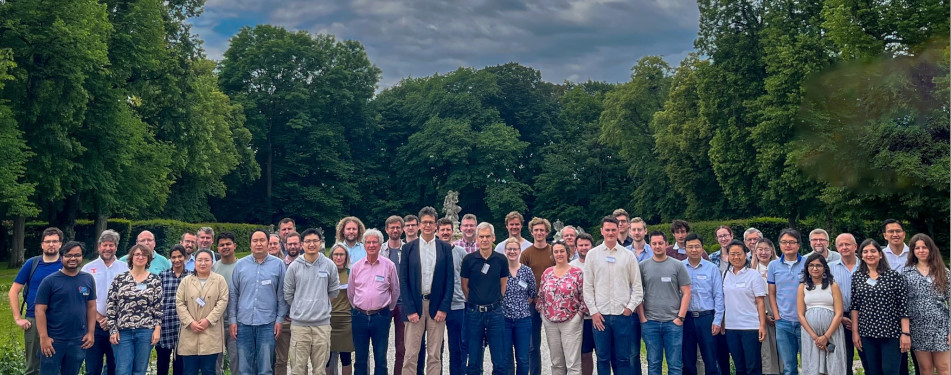
In order to submit an abstract for the conference, please click on "Call for Abstracts". In order to register for the conference, please visit the registration website.
Storage and effective usage of renewable energy will be one of the major challenges our society will face in 21th century. This century will witness a major transformation in how energy is acquired, stored, and utilized globally. Neutron scattering contributes significantly to the advancement of energy storage technologies by providing detailed insights into the structural and dynamic properties of materials. This information is instrumental in designing and improving materials for more efficient, durable, and sustainable energy storage solutions.
Characterization of energy materials: studies of structural and dynamic properties of materials at the atomic and molecular levels, which is crucial for understanding the behavior of materials used in energy storage devices such as batteries and fuel cells.
Battery Research: neutron scattering provides insights into the structural changes occuring within electrode materials during charging and discharging cycles, variously stabilized aging states and different cell designs, thus helping researchers design more efficient and durable battery materials.
Hydrogen Storage: For hydrogen storage materials, neutron scattering is valuable for studying the interactions between hydrogen and the storage material, creating a necessary base for designing materials that can store and release hydrogen more effectively, contributing to advancements in hydrogen-based energy storage.
Understanding Diffusion Processes: Neutron scattering is particularly useful for studying diffusion processes in energy materials. In energy storage, diffusion of ions or molecules within electrodes or electrolytes is a critical factor influencing the performance of batteries and other storage systems.
In Situ and Operando Studies: Neutron scattering techniques allow for in situ studies, meaning researchers can observe and analyze materials under actual operating conditions. This is essential for gaining insights into the dynamic behavior of materials during energy storage processes.
Catalyst Research: Neutron scattering helps in understanding the behavior of catalysts used in various energy conversion and storage systems. This knowledge is crucial for optimizing catalyst performance and improving the efficiency of processes like fuel cells.
The MLZ Conference Neutrons for Energy Storage is meant to be a forum for experts from research and industry and aims to enhance and adapt the potential of neutron scattering methods (in combination with complementary tools) for the characterization and the development of materials and solutions for new generation energy storage. Series of presentations (in forms of talks and posters) will be presented by renowned international researchers in the field to demonstrate state-of-the-art methods and their applications.

